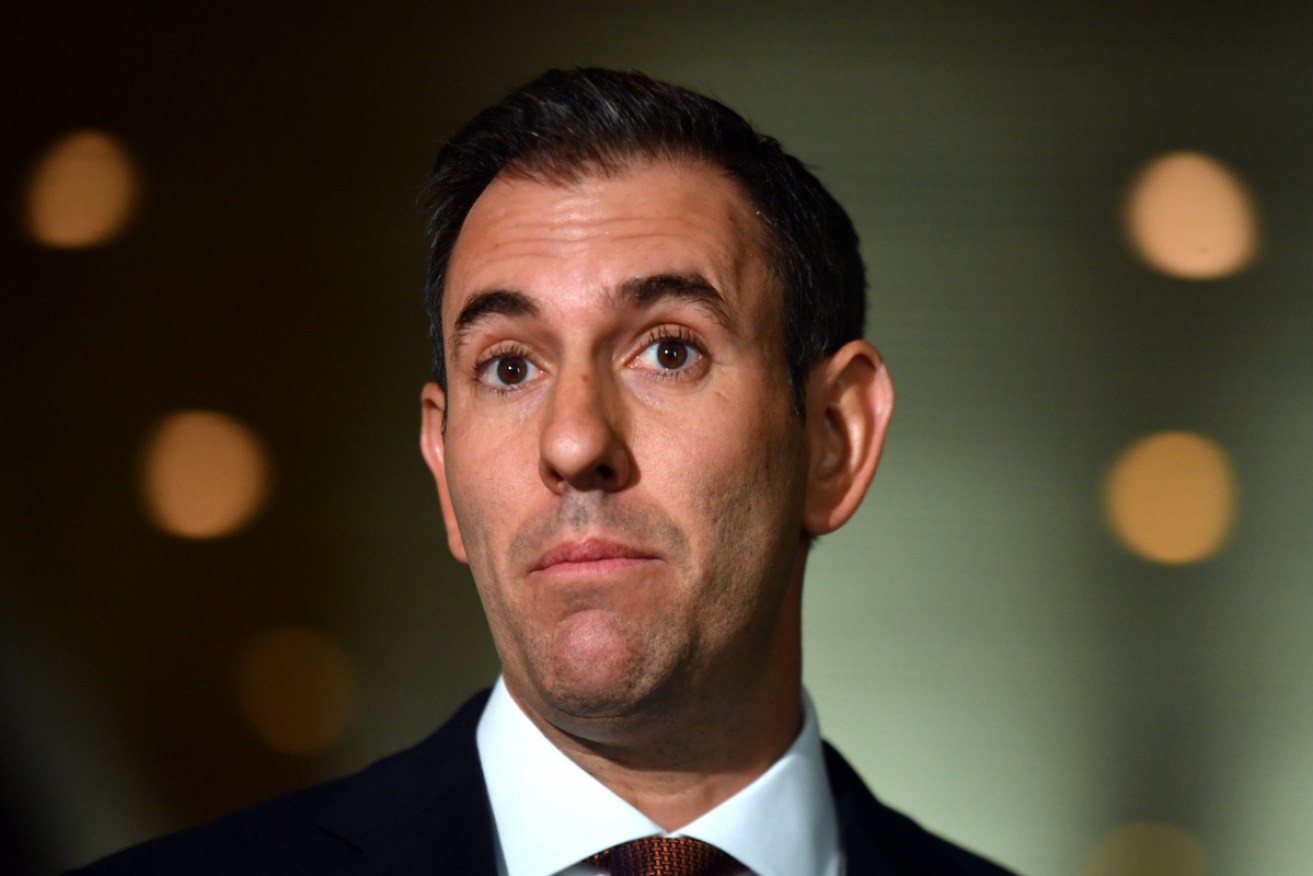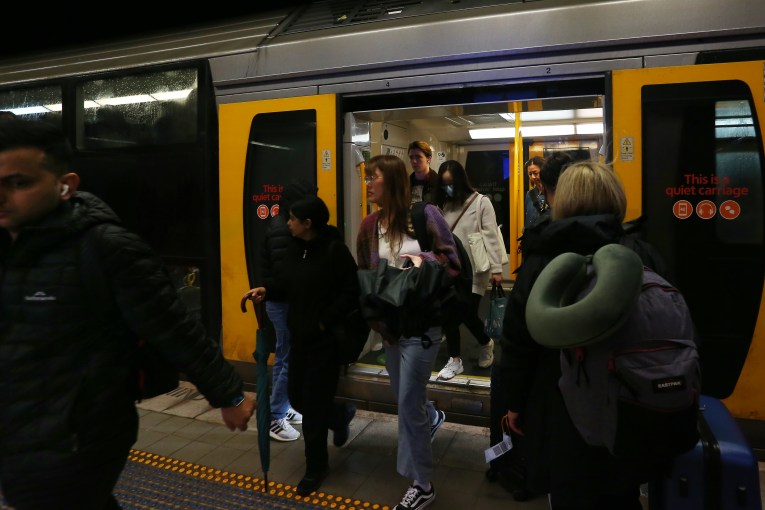‘Blunders and bluster’: Labor takes aim at Coalition’s recession admission


The government wants reporting to be mandatory for large firms. Photo: AAP
Labor has launched a scathing attack on the Morrison government, after Treasurer Josh Frydenberg confirmed Australia was in the midst of its first recession in nearly three decades.
Shadow treasurer Jim Chalmers said the economy had been struggling, even before the devastation of the coronavirus outbreak hit in March.
“What the Treasurer fails to understand, as the first Treasurer in nine, to oversee a recession, is that a lot of people are doing it tough,” he said.
“And his spin and his slogans about resilience, and all of the other things, they won’t put food on the table for a lot of people. They won’t put people back into work. Only a comprehensive plan will do that. Only an end to the blunders and bluster we have seen will do that.”
Earlier, Mr Frydenberg had confirmed that – based on bleak forecasts for the June quarter – Australia’s economy was in recession for the first time in 29 years. It came after the latest GDP figures confirmed the nation’s economy shrank by 0.3 per cent in the three months to March – mostly due to the hit from the summer’s horror bushfires.
A technical recession was not due to be confirmed until the release of the June quarter GDP figures in September, but when asked if Australia was already in recession, Mr Frydenberg said “yes”.
“That is on the basis of the advice that I have from the Treasury Department about where the June quarter is expected to be,” he said.
Australia had faced an “economic version of Armageddon” when the coronavirus hit in March, he said.
“We’ve just notched up a 0.3 per cent decline in the economy in the March quarter – we’re looking at 8.5 per cent in the June quarter.”

Josh Frydenberg said Australia had faced an “economic Armageddon” when the virus hit.
Gross domestic product grew just 1.4 per cent in the 12 months to March 31 as the economy took a hit from the bushfires and the beginning of the virus crisis, the Australian Bureau of Statistics said on Wednesday.
“This was the slowest through-the-year growth since September 2009, when Australia was in the midst of the global financial crisis, and captures just the beginning of the expected economic effects of COVID-19,” ABS chief economist Bruce Hockman said.
Public demand contributed 0.3 per cent percentage points to GDP, driven by a 1.8 per cent rise in public spending as governments responded to the bushfires and the COVID-19 pandemic.
But Mr Frydenberg said that, despite the grim outlook, Australia was on track for a stronger recovery than other OECD nations.
“The fact that the Australian economy only contracted by 0.3 per cent shows the Australian economy’s remarkable resilience,” he said.
“Indeed, Australia’s performance in the March quarter compares very well to that seen in other nations, with negative growth of 9.8 per cent in China, 5.3 per cent in France, 2.2 per cent in Germany, 2 per cent in the United Kingdom, and 1.3 per cent in the United States.
“With 40 million jobless claims in America over the last 10 weeks, the economic situation in that country, and across the globe, is quite severe indeed. In Australia’s remarkable story of almost 29 consecutive years of economic growth, this is only the fourth negative quarter in that time.”
The GDP figures showed growth for the year slowed to 1.4 per cent.
That’s the slowest annual growth rate since September 2008, when Australia was in the midst of the global financial crisis.
The economic decline is only going to get worse, with most of the pain packed into the current quarter.
Mr Frydenberg said health measures adopted to protect Australians from the coronavirus had hit the economy hard.
“Saving lives was our priority, and that has been the result,” he said.
“Notwithstanding the success of the health measures that we have put in place, they have come at a significant cost, which is illustrated in the national account numbers today.”
But Mr Chalmers accused the government of simply trying to put a positive turn on bleak data.
“That kind of spin is cold comfort for the 800,000 Australians who signed up for unemployment benefits in the last couple of months,” he said.
“The Treasurer was at it again today, trying to pretend that slogans and marketing is a substitute for quality economic management in uncertain times like these.”
Mr Chalmers said the Coalition did not understand the hardships many Australians were facing – particularly amid the economic fallout from the pandemic. Nor did it understand the anxiety many were feeling about the future.
“There’s a lot of anxiety about the end of JobKeeper and the end of the increase to JobSeeker,” he said.
“When it comes to that anxiety, in lots of ways the government has been part of the problem rather than part of the solution – and we need that to change.”
The Morrison government has maintained the JobKeeper wage subsidy will end in September. JobSeeker – the boosted payment for the unemployed – will return to its much lower pre-pandemic rate at the same time.
Mr Frydenberg will hand down an economic update in July. It is shaping as a mini-budget ahead of the main event on October 6.
The figures will be released alongside the findings of a review into JobKeeper scheme.








